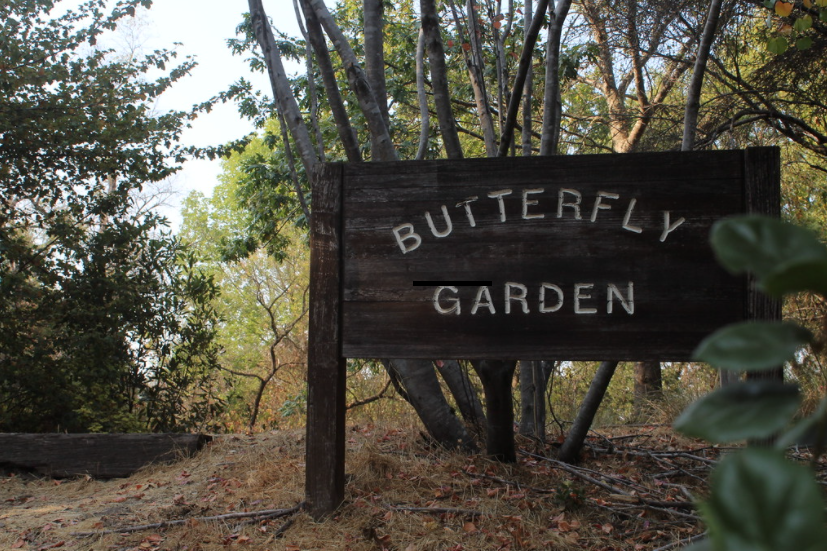After nearly half a year of continuous investigation, autopsy results, toxicology screenings, and witness and peer interviews, the Sonoma State Police Department made a statement about the cause of death of Saul Morales-Ramirez, concluding that the 23-year-old was a victim of suicide.
Early morning on February 26th, 2021 several community members were walking around Sonoma State University’s Butterfly Garden where they unexpectedly ran into the deceased man. The community members who found him made a 911 phone call just before 8 a.m. and directed emergency personnel to Morales-Ramirez. They have no known affiliation with him.
After much investigation conducted by the Sonoma State University Police Department and the Sonoma County Sheriff’s Department Coroner’s Division, the two departments finally came to a conclusion about the cause of death. When requested by the STAR, a toxicology report and further details regarding the incident were denied.
“Unfortunately, this was a case of suicide. I wish that we would have known about him so that we could have gotten him the mental health assistance he needed,” said campus police chief Nader Oweis. “This was a tragic incident, and my condolences go out and my thoughts are with his family that are still dealing with his loss to this day.”
Following Oweis’ explanation of the cause of Morales-Ramirez’s death, he went on to explain that this traumatic incident means a lot more than just a tragic death; it was a loss for the entire community and everyone who knew the young man.
Although Morales-Ramirez was not affiliated with Sonoma State University, he was still a valued member of our small community here in Sonoma County. Morales-Ramirez was a 2016 graduate of Petaluma High School and lived in Rohnert Park.
Since the start of the ongoing COVID-19 pandemic, there has been a dramatic increase in issues with mental health and stability all around the world affecting everyone in different ways. Locals believe that Morales-Ramirez’s tragic case should serve as a wake-up call to different communities to take mental health a lot more seriously so that events like this do not ever happen again.
“If anybody in the community here, regardless of whether or not they go to SSU or not, needs help, we hope that they can ask for themselves; or if they know somebody that needs help, they should reach out without delay so that they can receive the proper care that they need,” says Oweis. “If we can prevent another tragic loss like this one, we want to do whatever we can to help.”
Oweis then goes on to say the number of resources out there that can help people who are going through mental health issues.
“It doesn’t matter if you have insurance or not,”explains Oweis. “There is CAPS, the County Office of Behavioral Health, the crisis stabilization, there is a safe program, the mobile support team, there are officers, peers, religious groups, nonprofit organizations, and even a 1-800 suicide counseling line. There are a lot of resources for people to be able to tap into even if they just want to talk to somebody.”
Anyone struggling with mental health issues here on campus should reach out to Counseling and Psychological Services (CAPS) so that they may access all the resources available to them. CAPS has crisis counselors available 24/7 and can be reached at (707) 664-2153. Visit the CAPS website for more information.



































